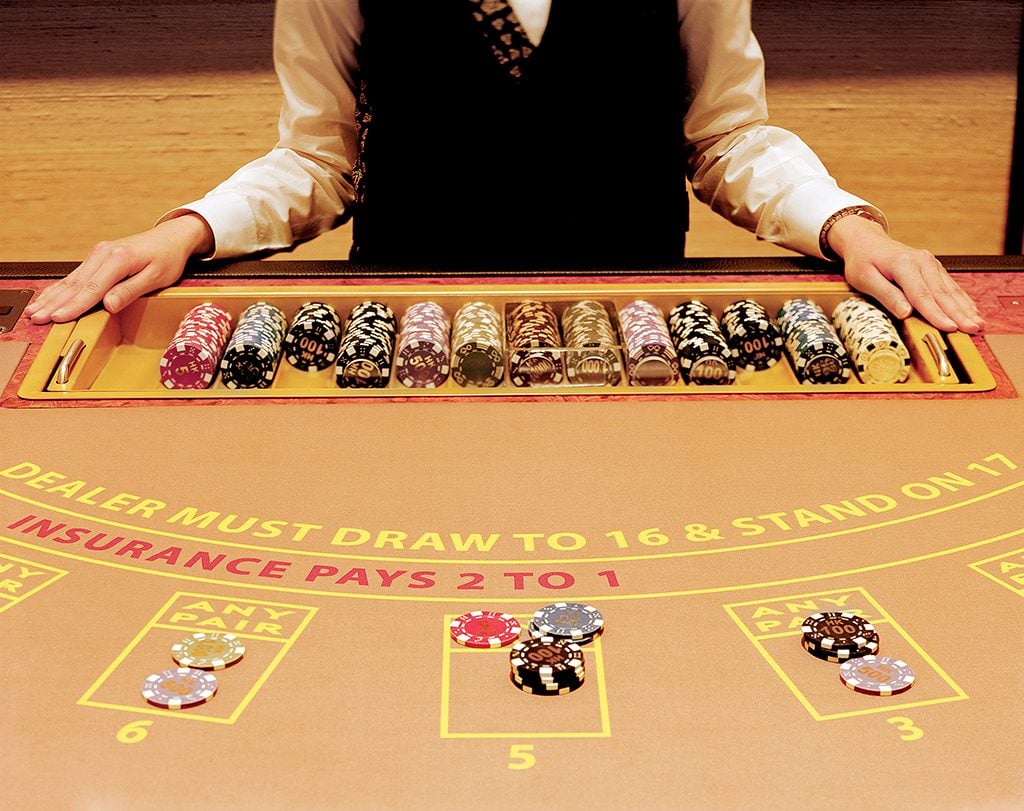Casino entertainment have long been a fascinating entertainment option, drawing numerous of players from diverse cultures around the globe. From the glitzy casinos of Vegas to the busy gambling halls of the Chinese gambling capital, these games serve as a common thread that connects people across different backgrounds. The allure of luck, tactics, and uncertainty entices not only those seeking to win money but also those looking for a shared experience.
The significance of casino games extends far beyond the gaming floor. They often reflect the social norms and traditions of the societies in which they prosper. Games such as Texas hold ’em, pontoon, and the spinning wheel have embedded themselves into the fabric of popular culture, influencing everything from movies to style. As we explore this fascinating intersection of gambling and culture, we can gain insights into how gambling games shape and are shaped by the environment surrounding us.
Chronological Evolution of Gaming Activities
The origins of casino activities can be followed back to ancient cultures, where gambling in multiple forms was extensively engaged in. In the East, around 2300 B.C., a variant of gambling known as Keno was well-known, while in old the Roman Empire, soldiers would frequently gamble on the consequences of their contests. The notion of using chance for amusement and profit evolved over the years, leading to the establishment of more organized activities. By the final Middle Ages, gambling houses began to emerge in the continent, particularly in Italy, which presented early incarnations of popular games still enjoyed today.

As gambling gained fame in European regions, the 17th and 18th centuries saw the emergence of gambling establishments as specialized establishments for gambling. The first official gambling house, the Ridotto, was founded in the city of Venice in the year 1638, offering activities like Baccarat and the game Faro. This time marked a significant turning point, as gaming venues started to attract not just the high society but also the burgeoning middle class. The refinement of games grew, leading to the introduction of new guidelines and versions that enriched the play experience.
In the 19th century, the era of industrialization and transformations in social conventions further transformed the landscape of gambling activities. The arrival of roulette and modern slot machines attracted a larger clientele, and gambling establishments became seen as legitimate recreation. This time witnessed the globalization of gaming, as casinos spread from Europe to the Western Hemisphere, culminating in the development of the famous Las Vegas Strip in the twentieth century. The evolution of gaming games has progressed into the current era, including technology and online platforms, allowing them accessible to a universal population.
# Cultural Significance within Diverse Societies
Casino games have significant social importance in many societies throughout the planet. In Las Vegas, the very fabric of the city is woven around casinos, where gaming is not just a pastime but a central aspect of leisure and community life. The dazzling lights and vibrant atmosphere attract millions, showcasing how casino games can impact local economies and cultural uniqueness. This surrounding transforms the notion of relaxation into an immersive experience that affects apparel, music, and even film.
In contrast, some societies treat gambling with greater care, seeing it through the lens of morality and tradition. A case in point, in various Asian communities, games like Mahjongg and Pai Gow are rich with history and carry significant social implications. These games are often played during meetings and celebrations, fostering social ties and solidifying familial ties. The act of participating in these games goes beyond mere amusement, reflecting values such as honoring elders and the significance of collective enjoyment.
Simultaneously, in continental countries such as Monaco and the Italian Peninsula, gambling activities serve as symbols of wealth and refinement. The refined atmosphere of these venues attracts both travelers and residents, upholding a sense of distinction and rarity. The art of the game of poker and the strategic features of games like baccarat are esteemed, shaping social dynamics and cultivating an attraction that fascinates a varied audience. This emphasizes how gambling can simultaneously mirror and influence cultural perspectives towards hazard, reward, and social interaction.
Financial Influence and Travel Industry
Gambling activities play a crucial role in the financial context of many regions, particularly those that rely heavily on tourism. The revenue produced from gambling establishments fuels local financial systems, creating jobs not only within the casinos but also but also in related sectors such as hotel management, restaurant services, and recreation. mm88 This influx of tourists, drawn by the attraction of games and the overall gaming environment, stimulates spending across multiple businesses, contributing to the economic health of the area.
The existence of casinos often leads to the development of infrastructure, including lodging, transportation systems, and recreational facilities. These improvements are essential in improving the overall tourist experience, making destinations more appealing to visitors. Additionally, many casinos invest in local communities through sponsorship of activities and philanthropic activities, further embedding themselves into the community structure of the locality. Such contribution not only supports economic growth but also fosters a positive reputation of the casino industry.
Furthermore, the global popularity of casino games drives tourism competition, with locations vying to attract gamblers from across the globe. Iconic locations like Las Vegas and Macau have become identifiable with gambling culture, drawing millions each year. This advantage encourages creativity and variety within the gaming industry, influencing developments in leisure and hospitality that extend beyond their borders. The ripple effects of this visitor influx extend wide, impacting local financial health and cultural interactions on a global scale.
